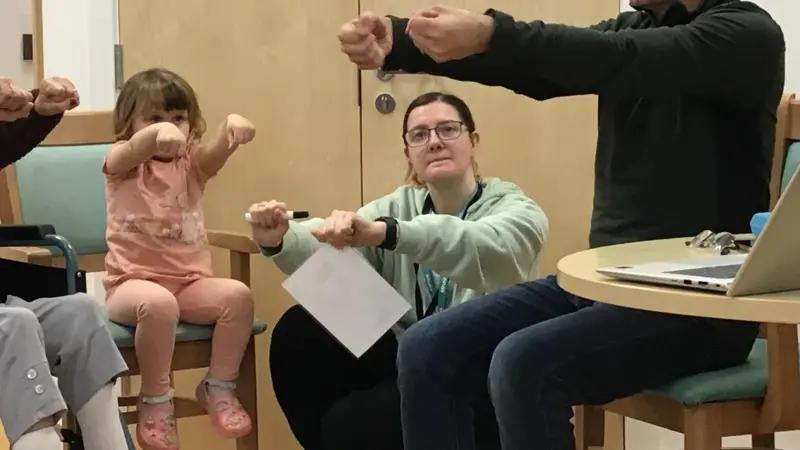Blog: Mental health and later life
Thursday 10 October is World Mental Health Day. At Age Scotland, we’re working with others to promote mental health in older people.
Everyone, no matter their age, has mental health. We all strive to have good mental health, yet one in four people in Scotland will suffer from some form of mental illness in any given year . Older people are no exception. With the growing societal problem of loneliness compounding matters, there’s cause for concern. But there’s also hope.
In Scotland, more than a quarter of people aged over 75 have said they feel lonely most or all of the time . For more than 200,000 older people in Scotland, their main form of company is the TV, or a pet. While some people choose to live in solitude and enjoy peace and quiet, many who find themselves alone do not wish to be, and suffer from loneliness. Loneliness can be triggered by the death of a spouse or close friends, a loss of social confidence after a fall, or losing your driving licence due to poor eyesight, amongst other things. Many of the triggers for loneliness are things that tend to happen to people in later life, meaning older people are more at risk.
What’s more, loneliness isn’t “just a feeling”. Studies have shown that loneliness can have the same effect on your life expectancy as a 15-a-day smoking habit. It is also strongly linked to mental illnesses such as depression and can even make people feel suicidal.
At Age Scotland we know that mental ill health can and does happen to anyone. But people who live in rural Scotland, where support networks of friends, family and neighbours are sparser and further away when people need them, are statistically at greater risk. Compounding the disadvantage of living rurally is the fact that many specialist support services, such as counselling, are not locally available, instead located in cities and larger towns. Our work with older people on all things transport throughout 2018 made it clear that a lack of public transport links in rural areas all too often makes socialising, and getting to medical appointments, difficult if not impossible, where only one in three has regular access to a private car and one third of people have said they’ve struggled to get to a medical appointment at least once in the past year due to transport issues.
Major change is required to make things better. We welcome huge, transformative changes in the way that mental health is promoted for children and young people, and people of working age, in recent years. But in our view, there’s still a feeling that older people “fall off a cliff” after the age of 65 when it comes to mental health care.
There’s no doubt the scale of the challenge facing Scotland is significant. But together with partners in the National Rural Mental Health Forum , Age Scotland is committed to identifying ways to improve mental health for older people, particularly in more rural areas. The aim of the Forum is to:
enable rural people to be open about their mental health
create a solid evidence base for what works to improve people's lives
develop a programme to influence policymakers to channel resources in ways that bring positive change through a network of rural organisations across Scotland
We’ll continue to work with our Forum partners to improve services across Scotland. We’ve also developed our innovative Community Connecting service that matches people with local social activities . We also have Information & Advice guides which aim to help people to maintain good mental health in later life . And of course there’s the Age Scotland Helpline, a free service offering information, advice and friendship for older people across Scotland, all available on 0800 12 44 222.
Age Scotland’s goal is a Scotland where everyone can love later life. That means doing everything we can to help shape policies and public services which improve the quality of life of older people.


